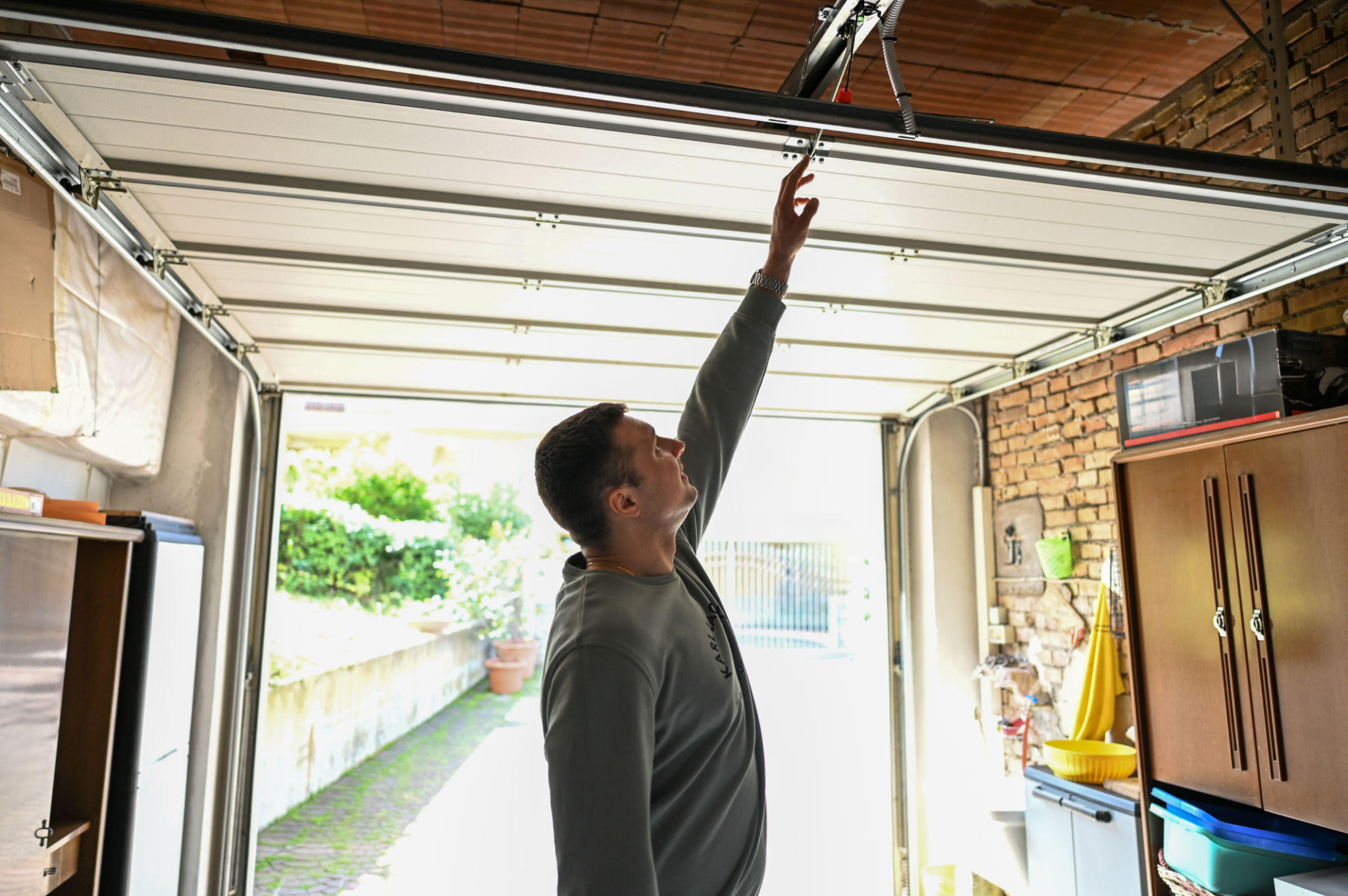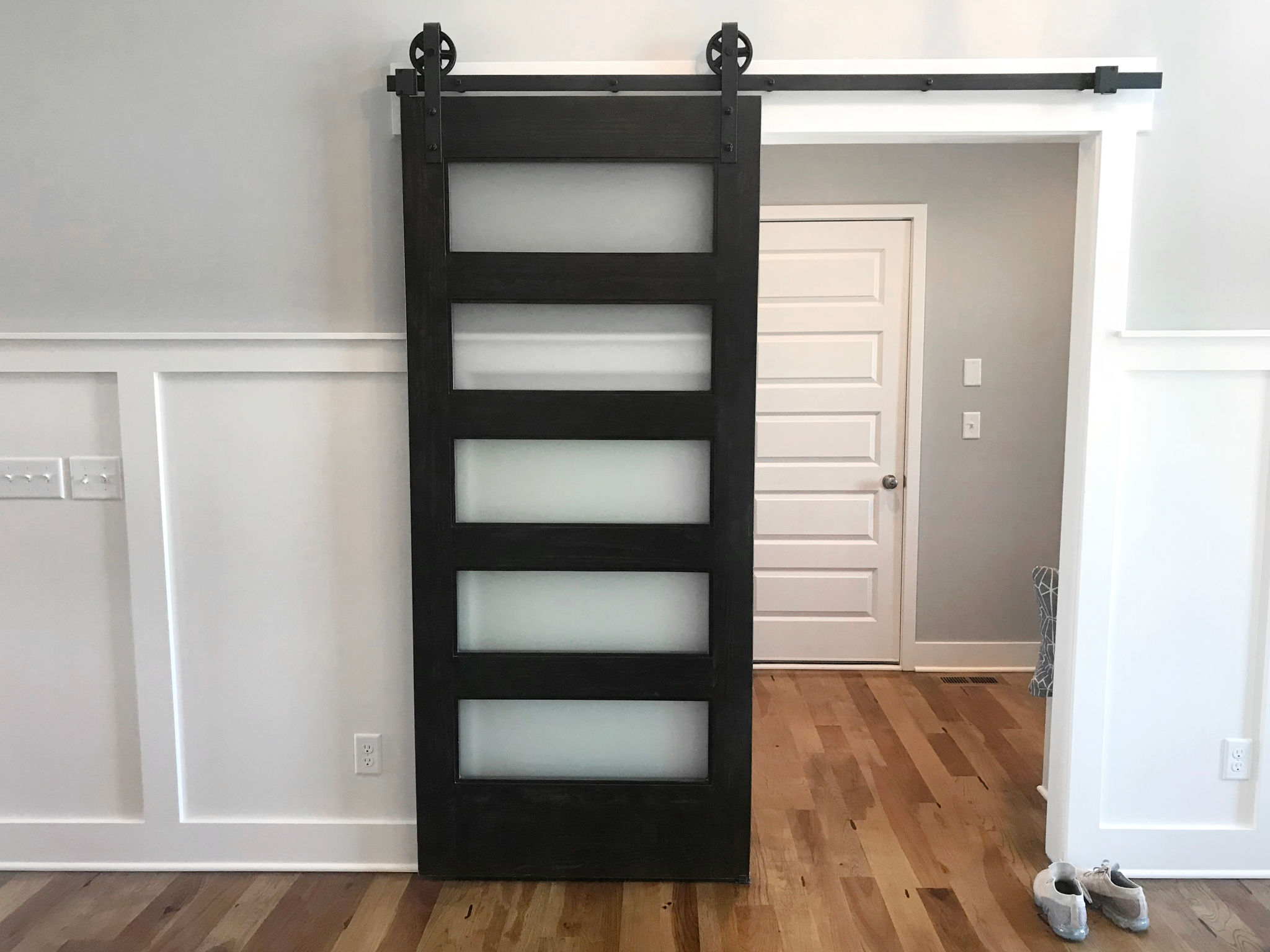DIY Sliding Door Repairs: When to Fix It Yourself vs. Calling a Professional
Understanding Sliding Door Mechanisms
Sliding doors are a popular choice for many homeowners due to their sleek design and space-saving benefits. They operate on a track system that allows the door to slide open and closed with ease. However, like any other home fixture, sliding doors can experience wear and tear over time. Understanding the basic mechanics of your sliding door is the first step in deciding whether you can tackle repairs on your own or if it's time to call in a professional.

Common Sliding Door Problems
Some of the most common issues with sliding doors include sticking or jamming, misaligned tracks, and faulty locks. These problems can arise from dirt and debris buildup, worn-out rollers, or misalignment issues. Identifying the specific problem is crucial before deciding on the best course of action.
It's important to regularly inspect your sliding door to catch these problems early. Routine maintenance can prevent minor issues from becoming major repairs, saving you time and money in the long run.
DIY Sliding Door Repairs
For those who enjoy a good DIY project, many sliding door issues can be resolved with some basic tools and a little elbow grease. Here are some repairs you might consider doing yourself:
- Cleaning the Track: Dirt and debris are often the culprits behind sticky doors. Regularly cleaning the track can improve the door's movement.
- Adjusting Rollers: If your door is dragging or not sliding smoothly, adjusting or replacing the rollers can often solve the problem.
- Tightening Loose Screws: Over time, screws can become loose due to constant use. Tightening them can help realign the door.

When to Call a Professional
While many minor repairs can be handled at home, there are certain situations where professional intervention is advisable. Here are some scenarios where it's best to call in an expert:
- Broken Glass: Repairing or replacing broken glass is not only dangerous but requires specialized skills and tools.
- Severely Damaged Tracks: If the track is bent or severely damaged, it may require replacement by a professional.
- Complex Locking Mechanisms: If your door's locking mechanism is beyond basic repairs, a professional locksmith may be needed.
Cost Considerations
Deciding whether to repair a sliding door yourself or hire a professional often comes down to cost. DIY repairs can be cost-effective, especially for minor issues. However, attempting complex repairs without the proper skills can lead to further damage and higher costs down the line.

Safety First
Safety should always be your top priority when considering DIY repairs. If you're unsure about handling certain tasks, it's better to err on the side of caution and consult a professional. They have the expertise and equipment necessary to ensure repairs are done safely and effectively.
In conclusion, while many sliding door repairs can be tackled at home with some basic knowledge and tools, certain situations warrant professional help. By understanding the problem and your own capabilities, you can make an informed decision that ensures your sliding door remains in top working condition.